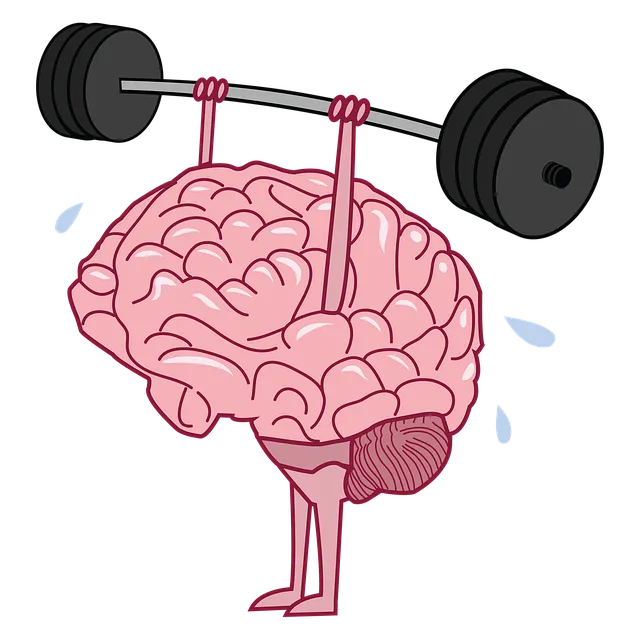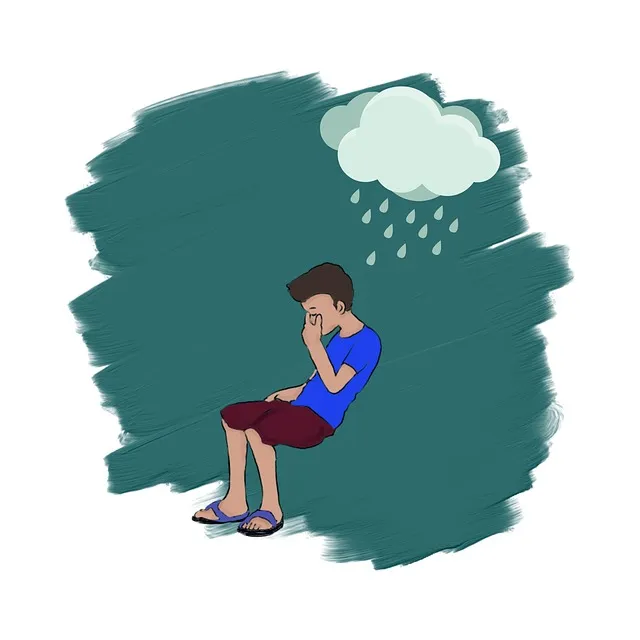The Lone Tree Kaiser Permanente Mental Health Access Center prioritizes cultural competency, acknowledging the profound impact of cultural background on emotional well-being and mental wellness. They adapt their practices through initiatives like the Mental Wellness Podcast Series, offering mindfulness meditation sessions tailored to diverse cultures, fostering inclusivity and trust. Training programs employ best practices such as case studies, role-playing, discussions on unconscious biases, tools for effective communication, and social skills training to create an inclusive healthcare environment. This strategic, continuous improvement process enhances patient outcomes and access to mental health services for all within the Lone Tree Kaiser Permanente community.
Cultural competency training is a vital tool in healthcare, especially at facilities like the Lone Tree Kaiser Permanente Mental Health Access Center. This article explores why such training is essential for providing culturally sensitive care and improving patient outcomes. We delve into designing effective programs, focusing on best practices to enhance cultural sensitivity. Furthermore, we discuss implementation strategies and continuous improvement methods to ensure these initiatives create lasting positive change at healthcare providers like Lone Tree Kaiser Permanente.
- Understanding Cultural Competency in Healthcare: Why It Matters at Lone Tree Kaiser Permanente Mental Health Access Center
- Designing Effective Training Programs: Best Practices for Addressing Cultural Sensitivity
- Implementation and Continuous Improvement: Ensuring Long-Lasting Positive Change
Understanding Cultural Competency in Healthcare: Why It Matters at Lone Tree Kaiser Permanente Mental Health Access Center

Cultural competency is a vital aspect of healthcare that ensures every patient receives personalized and empathetic care. At Lone Tree Kaiser Permanente Mental Health Access Center, understanding cultural competency goes beyond basic training; it’s a cornerstone of their approach to mental health services. This center recognizes that cultural background, traditions, and beliefs significantly influence an individual’s emotional well-being promotion techniques and overall mental wellness.
By integrating this knowledge, staff members can adapt their practices to meet diverse patient needs. The Lone Tree Kaiser Permanente Mental Health Access Center has initiated several initiatives, such as the Mental Wellness Podcast Series Production, which leverages technology to offer mindfulness meditation sessions catering to various cultural preferences. This inclusive approach ensures that patients from all backgrounds feel comfortable seeking and receiving mental health support, fostering a sense of community and trust within the center.
Designing Effective Training Programs: Best Practices for Addressing Cultural Sensitivity

Designing effective training programs for healthcare provider cultural competency is paramount to delivering quality care. At Lone Tree Kaiser Permanente Mental Health Access Center, best practices are implemented to address cultural sensitivity. These include incorporating diverse case studies and role-playing scenarios that reflect the communities served. By immersing providers in real-life challenges faced by patients from various backgrounds, training becomes interactive and impactful.
Additionally, fostering open discussions about unconscious biases and providing tools for effective communication enhance understanding. Public awareness campaigns development should also be integrated into the curriculum to educate both healthcare workers and the public about cultural competency. Social skills training is another vital component, focusing on improving interpersonal interactions and empathy. These strategies collectively contribute to creating a more inclusive healthcare environment, ultimately improving patient outcomes and access to mental health services at Lone Tree Kaiser Permanente.
Implementation and Continuous Improvement: Ensuring Long-Lasting Positive Change

Implementing cultural competency training within healthcare organizations, such as Lone Tree Kaiser Permanente’s Mental Health Access Center, is a transformative process that requires ongoing commitment and evaluation. This journey begins with meticulous planning and strategy to ensure the program resonates with staff at all levels. By integrating diverse perspectives, the center can develop tailored interventions that address specific cultural needs within its community.
Continuous improvement is vital to sustaining positive change. Regularly gathering feedback from participants and stakeholders through surveys, focus groups, or policy reviews enables the Mental Health Policy Analysis and Advocacy team to refine training modules, ensuring they remain relevant and effective. Incorporating practical strategies like Mindfulness Meditation practices can enhance cultural sensitivity, fostering an environment that promotes mental wellness for all.
Cultural competency training is a vital tool in enhancing patient care at institutions like the Lone Tree Kaiser Permanente Mental Health Access Center. By designing and implementing effective programs that address cultural sensitivity, healthcare providers can foster inclusive environments and improve outcomes for diverse patient populations. Continuous improvement through feedback mechanisms ensures these initiatives remain relevant and impactful over time. This approach not only benefits individual patients but also contributes to a more equitable and accessible mental health care system as a whole.




